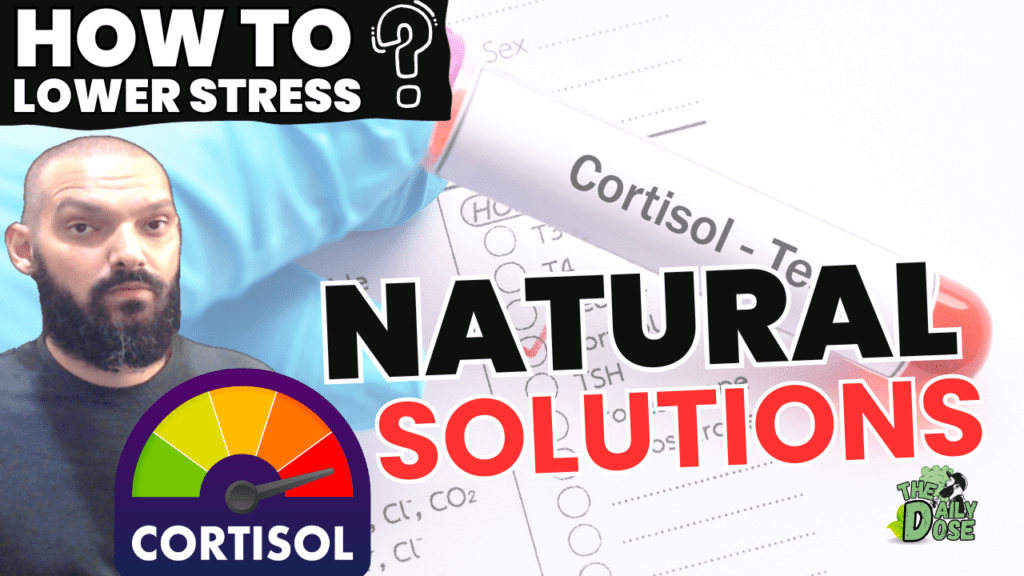Key Take Away
- Balanced Diet for Hormonal Balance: Incorporate foods rich in vitamin C, omega-3 fatty acids, and magnesium to help regulate cortisol levels.
- Dark Chocolate as a Stress Reliever: Consuming dark chocolate with at least 70% cocoa can aid in reducing cortisol levels.
- Quality Sleep is Crucial: Ensure 7-9 hours of uninterrupted sleep and maintain a consistent sleep routine to help balance cortisol.
- Exercise with Moderation: Engage in a mix of aerobic and stress-reducing exercises like yoga to manage cortisol without overexertion.
- Mindfulness and Meditation: Regular practice of mindfulness and meditation can significantly lower cortisol levels.
- Deep Breathing Techniques: Implement deep breathing exercises, such as the 4-7-8 technique, to rapidly decrease cortisol.
- Use of Adaptogens: Consider adaptogens like ashwagandha and rhodiola, under professional guidance, to balance cortisol levels.
- Probiotics for Gut Health: Enhance gut health with probiotic-rich foods or supplements to impact cortisol levels positively.
- Stress Management through Visualization: Regularly practice visualization techniques to create a stress-free mental environment and lower cortisol.
Top Ways To Lower Cortisol Levels
1. Introduction to Cortisol Management
Cortisol, commonly known as the “stress hormone,” plays a pivotal role in our body’s response to stress. However, prolonged elevated cortisol levels can lead to various health issues. In this comprehensive guide, we delve into effective, evidence-based methods to naturally lower cortisol levels and enhance your overall well-being.
SUMMARY
Managing cortisol levels naturally involves a holistic approach combining diet, lifestyle modifications, mind-body practices, and possibly supplementation. By implementing these key strategies, you can effectively reduce cortisol levels, leading to improved health and well-being. Adopting these practices into your daily routine can have a profound impact on managing stress and maintaining hormonal balance.
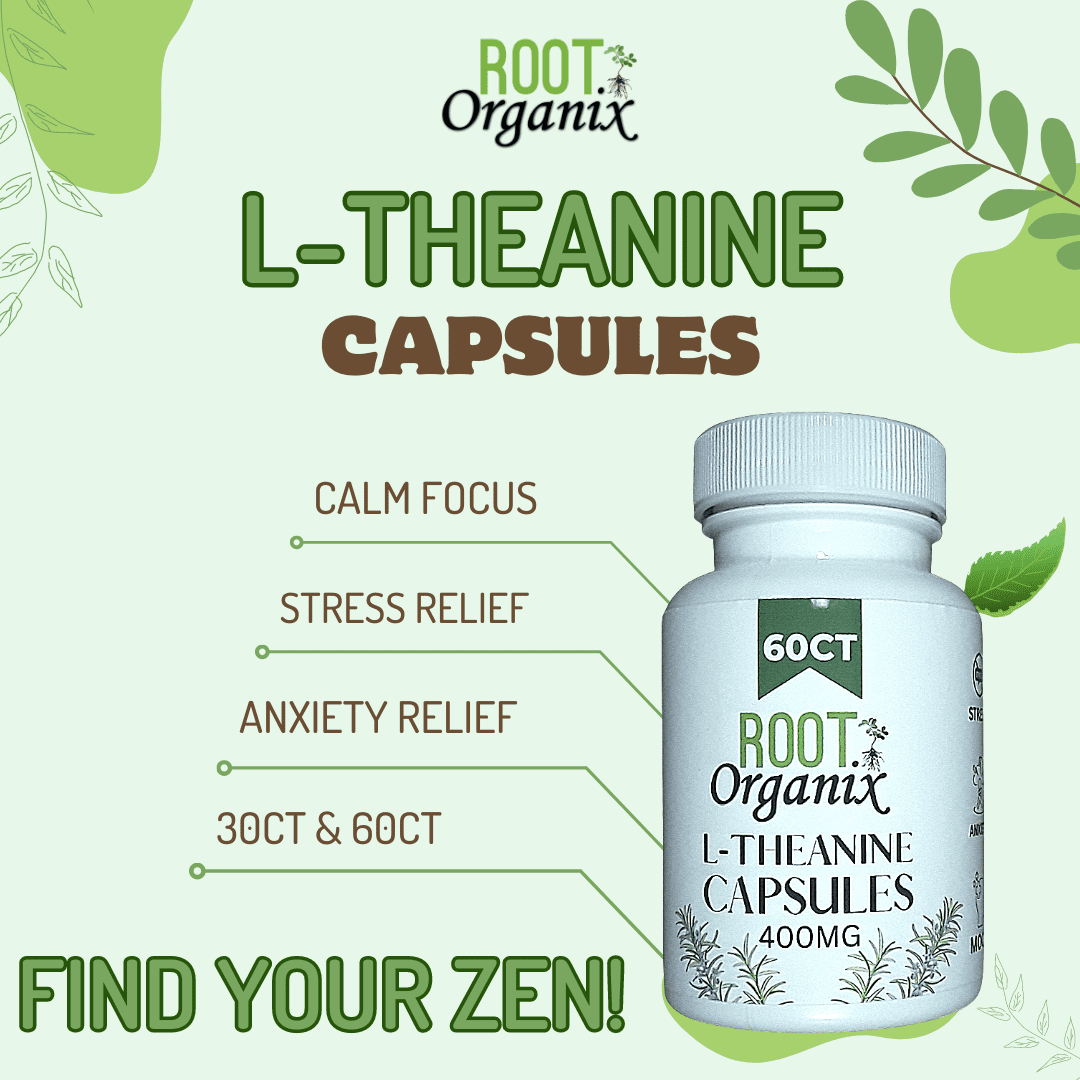
How cortisol works in the body:
- Response to Stress: When you’re faced with a stressful situation, your body’s fight-or-flight response is activated. The hypothalamus in your brain signals your adrenal glands to release cortisol. This hormone helps your body to manage the stress by increasing glucose in the bloodstream, enhancing your brain’s use of glucose, and increasing the availability of substances that repair tissues.
- Metabolism Regulation: Cortisol helps regulate metabolism by managing how your body converts fats, proteins, and carbohydrates to energy. It influences your body’s decision to store or use glucose and fat.
- Anti-Inflammatory Effects: Cortisol can act as an anti-inflammatory agent, controlling swelling and redness in tissues in response to injury or infection.
- Immune System Modulation: It can suppress the immune system, which is useful in some circumstances, like reducing the likelihood of autoimmune reactions, but can be detrimental if the suppression is prolonged.
- Blood Pressure and Heart Function: Cortisol influences several aspects of heart and blood vessel function, including blood pressure.
- Sleep-Wake Cycle Regulation: It plays a role in your body’s natural circadian rhythm. Normally, cortisol levels are higher in the morning to help you wake up and lower in the evening to assist you in preparing for sleep.
However, prolonged high levels of cortisol can have detrimental effects on health, including increased blood pressure, weight gain, and disruption of sleep patterns. Chronic stress can lead to prolonged cortisol elevation, which is associated with a range of health issues such as heart disease, depression, and anxiety.
Cortisol levels can be measured through blood tests, saliva tests, or urine tests to assess adrenal function or to diagnose conditions like Cushing’s syndrome (high cortisol levels) or Addison’s disease (low cortisol levels).
Elevated cortisol levels can also result from underlying issues such as:
- chronic stress
- medication side effects, including from prednisone or hormonal therapy
- overactivity or cancer of the pituitary or adrenal glands
- Addison disease
- Cushing syndrome
- obesity
2. Nutritional Approaches for Cortisol Reduction
Balanced Diet: Foundation for Hormonal Balance
Eating a balanced diet is crucial in managing cortisol. Foods rich in vitamin C, omega-3 fatty acids, and magnesium have been shown to lower cortisol levels. Incorporate fruits like oranges and strawberries, fatty fish such as salmon, and nuts like almonds into your diet.
The Power of Dark Chocolate
Dark chocolate, high in flavonoids, can reduce cortisol. Opt for chocolate with at least 70% cocoa content to maximize benefits while minimizing sugar intake.
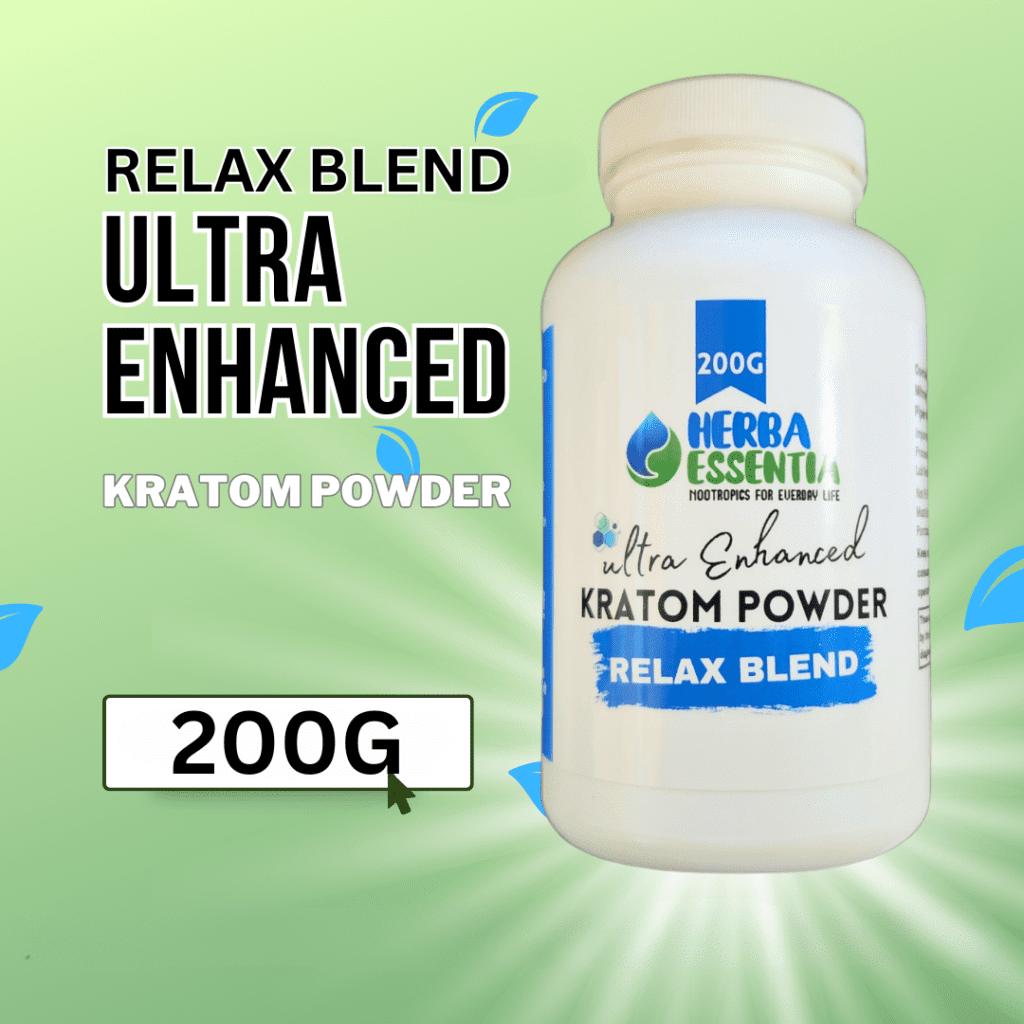
3. Lifestyle Modifications to Combat Elevated Cortisol
Prioritizing Sleep: A Natural Cortisol Regulator
Quality sleep is paramount in regulating cortisol. Aim for 7-9 hours of uninterrupted sleep per night. Establish a regular sleep schedule, ensure a dark, quiet sleep environment, and avoid caffeine and electronics before bedtime.
Physical Activity: A Dual-Edged Sword
Regular exercise can lower cortisol, but intense exercise can temporarily increase it. Balance is key. Include a mix of aerobic exercises, like brisk walking or cycling, and stress-reducing activities like yoga or tai chi.
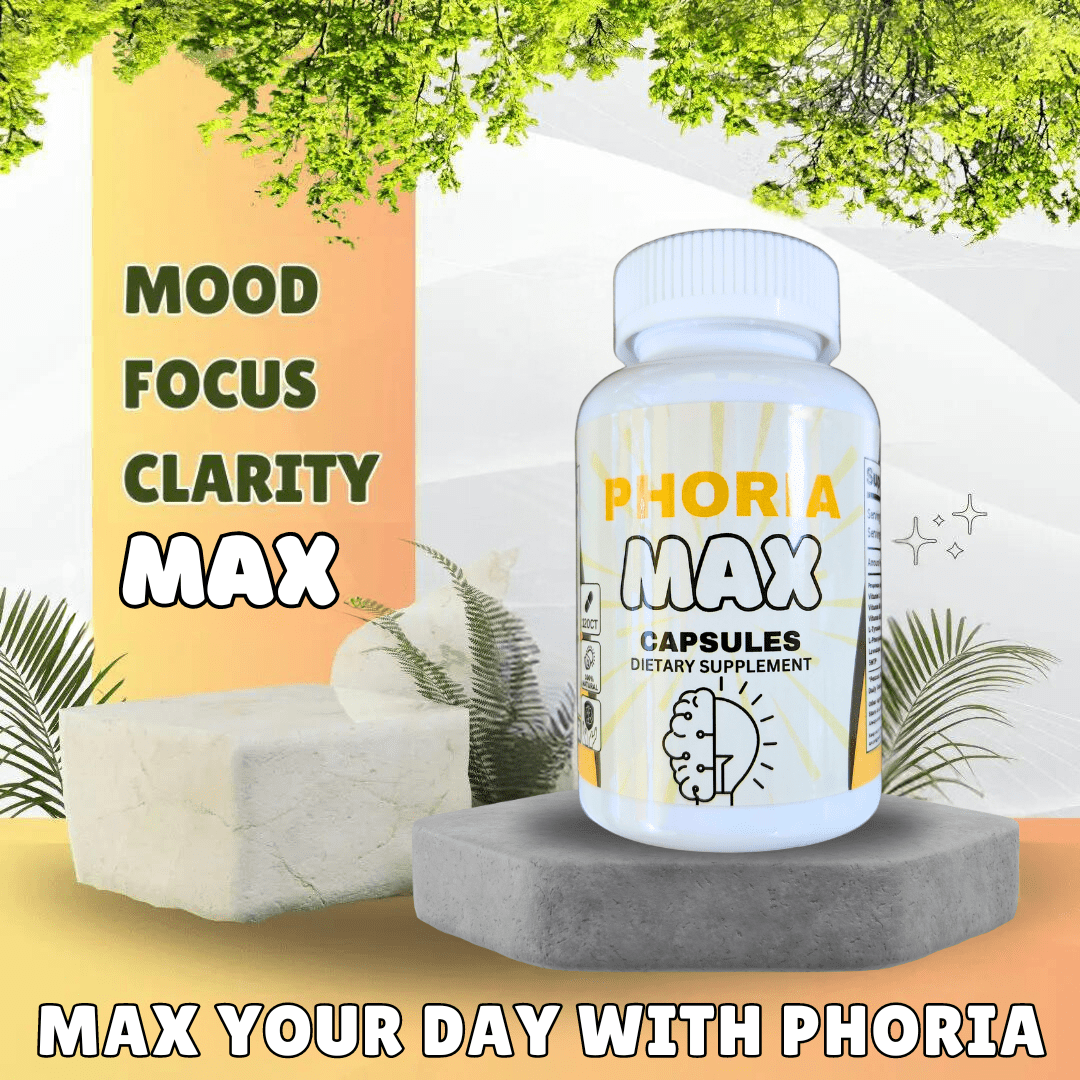
4. Mind-Body Techniques for Stress and Cortisol Control
The Benefits of Mindfulness and Meditation
Mindfulness and meditation have been shown to lower cortisol significantly. Even short daily practices can be beneficial. Explore guided meditation apps or enroll in a mindfulness course.
Deep Breathing: An Instant Cortisol Reducer
Deep breathing exercises can quickly lower cortisol levels. Try the 4-7-8 technique: inhale for 4 seconds, hold for 7 seconds, and exhale for 8 seconds. Repeat for a few minutes daily.
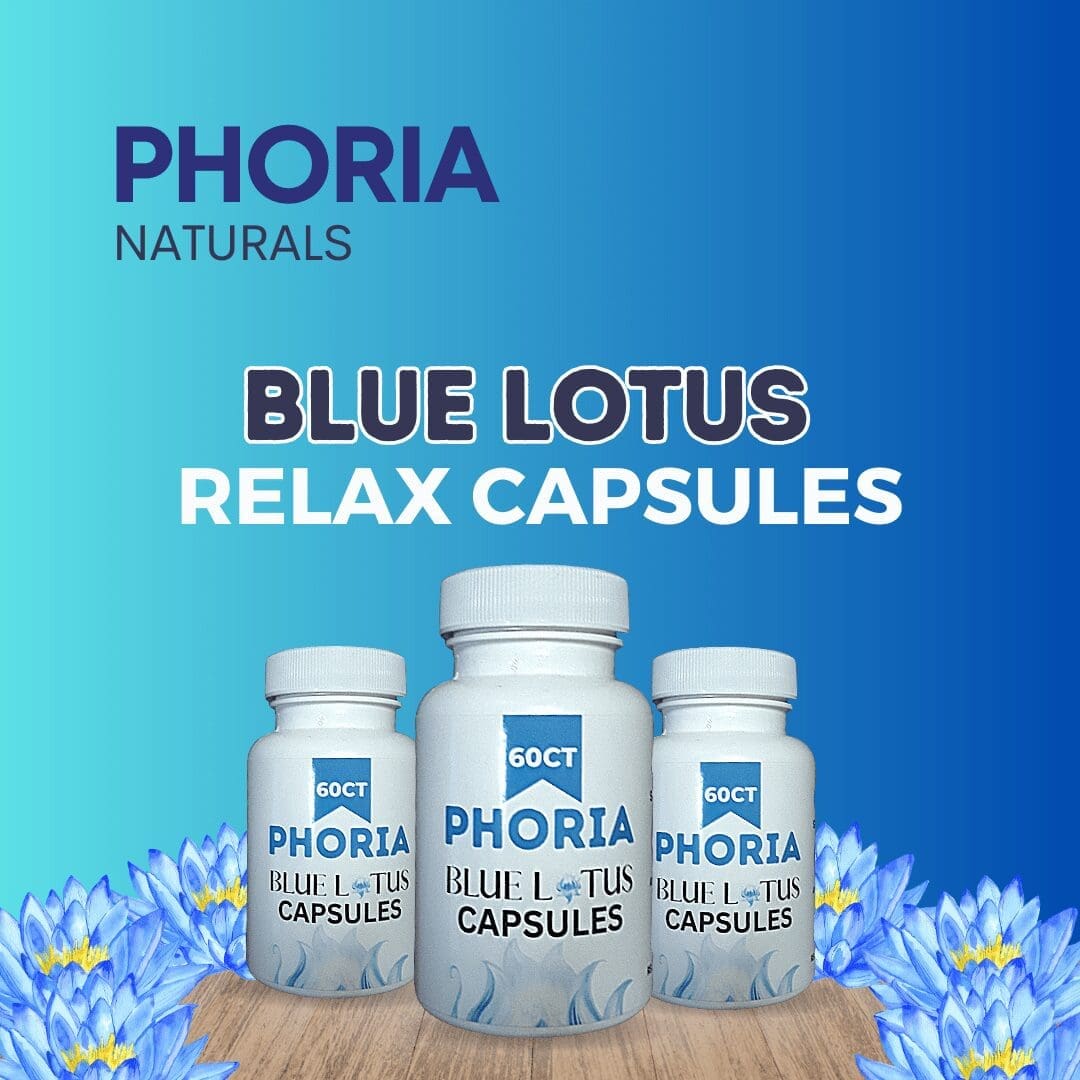
5. Supplementation for Cortisol Management
Adaptogens: Nature’s Stress Fighters
Adaptogens like ashwagandha, rhodiola, and holy basil help balance cortisol levels. Consult a healthcare professional before starting any supplementation.
The Role of Probiotics in Stress Reduction
Emerging research suggests that gut health impacts cortisol levels. Incorporating probiotic-rich foods like yogurt or taking a probiotic supplement can aid in managing stress and cortisol.

6. Visualization: A Powerful Tool in Stress Management
Creating a Stress-Free Mental Environment
Visualization techniques can effectively reduce stress and lower cortisol. Regularly practice visualizing calm, peaceful scenarios to foster a sense of tranquility.
7. Conclusion: A Holistic Approach to Cortisol Management
Lowering cortisol levels naturally involves a holistic approach encompassing diet, lifestyle changes, mind-body practices, and potentially supplementation. By implementing these strategies, you can effectively manage cortisol and improve your overall health.
Incorporating these practices into your daily routine can significantly impact your cortisol levels, leading to a healthier, more balanced life.
FAQs
What is cortisol and why is it important to manage its levels?
How does exercise influence cortisol levels?
What are adaptogens, and how do they help in cortisol management?
Are there quick methods to lower cortisol in a stressful moment?
How does sleep affect cortisol levels?
Are there any natural supplements recommended for lowering cortisol?
Sources:
- Adan RAH, et al. (2019). Nutritional psychiatry: Towards improving mental health by what you eat.
https://www.sciencedirect.com/science/article/pii/S0924977X19317237 - Almudhi A, et al. (2022). Green tea consumption and the management of adrenal stress hormones in adolescents who stutter.
https://www.ncbi.nlm.nih.gov/pmc/articles/PMC8889529 - Ashwagandha: Is it helpful for stress, anxiety, or sleep? (2023).
https://ods.od.nih.gov/factsheets/Ashwagandha-HealthProfessional - Benefits of physical activity. (2017).
https://www.niddk.nih.gov/health-information/weight-management/tips-get-active/benefits-physical-activity - Booker LA, et al. (2020). The role of sleep hygiene in the risk of shift work disorder in nurses.
https://academic.oup.com/sleep/article/43/2/zsz228/5602177 - Buttle H, et al. (2015). Measuring a journey without goal: Meditation, spirituality, and physiology.
https://www.ncbi.nlm.nih.gov/pmc/articles/PMC4475556/ - Caplin A, et al. (2021). The effects of exercise intensity on the cortisol response to a subsequent acute psychosocial stressor.
https://www.sciencedirect.com/science/article/pii/S0306453021002109 - Castro-Sepulveda M, et al. (2018). Basal mild dehydration increase salivary cortisol after a friendly match in young elite soccer players.
https://www.ncbi.nlm.nih.gov/pmc/articles/PMC6168646/ - Chirico F, et al. (2019). Spirituality and prayer on teacher stress and burnout in an Italian cohort: A pilot, before-after controlled study.
https://www.ncbi.nlm.nih.gov/pmc/articles/PMC6985459/ - Correale C, et al. (2022). Improving the emotional distress and the experience of hospitalization in children and adolescent patients through animal assisted interventions: A systematic review.
https://www.ncbi.nlm.nih.gov/pmc/articles/PMC8934415/ - Di Polito N, et al. (2023). Real-world intake of dietary sugars is associated with reduced cortisol reactivity following an acute physiological stressor.
https://www.ncbi.nlm.nih.gov/pmc/articles/PMC9823716/ - Egerer M, et al. (2022). Gardening can relieve human stress and boost nature connection during the COVID-19 pandemic.
https://www.ncbi.nlm.nih.gov/pmc/articles/PMC8767951/ - McCleary-Gaddy AT, et al. (2019). Weight stigma and hypothalamic–pituitary–adrenocortical axis reactivity in individuals who are overweight.
https://www.ncbi.nlm.nih.gov/pmc/articles/PMC6426042/ - Gee NR, et al. (2021). Dogs supporting human health and well-being: A biopsychosocial approach.
https://www.ncbi.nlm.nih.gov/pmc/articles/PMC8042315/ - Hoge EA, et al. (2018). The effect of mindfulness meditation training on biological acute stress responses in generalized anxiety disorder.
https://www.ncbi.nlm.nih.gov/pmc/articles/PMC5526744/ - Hopper S, et al. (2019). Effectiveness of diaphragmatic breathing for reducing physiological and psychological stress in adults: a quantitative systematic review.
https://journals.lww.com/jbisrir/fulltext/2019/09000/effectiveness_of_diaphragmatic_breathing_for.6.aspx - Kaercher Kramer C, et al. (2023). Laughter as medicine: A systematic review and meta-analysis of interventional studies evaluating the impact of spontaneous laughter on cortisol levels.
https://www.ncbi.nlm.nih.gov/pmc/articles/PMC10204943/ - Lata F, et al. (2021). Listening to music as a stress management tool.
https://www.ncbi.nlm.nih.gov/pmc/articles/PMC9480195/ - Laurent HK, et al. (2016). Mindfulness during romantic conflict moderates the impact of negative partner behaviors on cortisol responses.
https://pubmed.ncbi.nlm.nih.gov/26795454/ - Louie D, et al. (2016). The laughter prescription.
https://www.ncbi.nlm.nih.gov/pmc/articles/PMC6125057/ - Marshall M, et al. (2020). A comparison of the acute effects of different forms of yoga on physiological and psychological stress: A pilot study.
https://www.ncbi.nlm.nih.gov/pmc/articles/PMC7503485/ - Mograss M, et al. (2022). The effects of napping on night-time sleep in healthy young adults.
https://pubmed.ncbi.nlm.nih.gov/35253300/ - Newberg AB, et al. (2014). The neuroscientific study of spiritual practices.
https://www.ncbi.nlm.nih.gov/pmc/articles/PMC3957224/ - Nollet M, et al. (2020). Sleep deprivation and stress: a reciprocal relationship.
https://www.ncbi.nlm.nih.gov/pmc/articles/PMC7202382/ - Pauley PM, et al. (2015). The stress-buffering effects of a brief dyadic interaction before an acute stressor.
https://pubmed.ncbi.nlm.nih.gov/25090099/ - Pulopulos MM, et al. (2020). Relationship between cortisol changes during the night and subjective and objective sleep quality in healthy older people.
https://www.ncbi.nlm.nih.gov/pmc/articles/PMC7068538/ - Radavelli-Bagatini S, et al. (2022). Associations of specific types of fruit and vegetables with perceived stress in adults: the AusDiab study.
https://www.ncbi.nlm.nih.gov/pmc/articles/PMC9363314/ - Sayadi AR, et al. (2022). The effect of mindfulness-based stress reduction (MBSR) training on serum cortisol levels, depression, stress, and anxiety in type 2 diabetic older adults during the COVID-19 outbreak.
https://www.ncbi.nlm.nih.gov/pmc/articles/PMC9884344/ - Soltani H, et al. (2019). Increasing dietary carbohydrate as part of a healthy whole food diet intervention dampens eight week changes in salivary cortisol and cortisol responsiveness.
https://www.ncbi.nlm.nih.gov/pmc/articles/PMC6893582/ - Tähkämö L, et al. (2019). Systematic review of light exposure impact on human circadian rhythm.
https://www.tandfonline.com/doi/full/10.1080/07420528.2018.1527773 - Thau L, et al. (2023). Physiology, cortisol.
https://www.ncbi.nlm.nih.gov/books/NBK538239/ - Thesing CS, et al. (2018). Omega-3 polyunsaturated fatty acid levels and dysregulations in biological stress systems.
https://www.sciencedirect.com/science/article/pii/S0306453018302117 - Rasmussen KR, et al. (2019). Meta-analytic connections between forgiveness and health: the moderating effects of forgiveness-related distinctions.
https://pubmed.ncbi.nlm.nih.gov/30632797/ - Reinganum MI, et al. (2023). Shift work hazards.
https://www.ncbi.nlm.nih.gov/books/NBK589670/ - Vagnoli L, et al. (2015). Can presence of a dog reduce pain and distress in children during venipuncture?
https://pubmed.ncbi.nlm.nih.gov/25439114/ - van der Valk ES, et al. (2018). Stress and obesity: Are there more susceptible individuals?
https://www.ncbi.nlm.nih.gov/pmc/articles/PMC5958156/ - Vrinceanu T, et al. (2017). Dance-movement therapy leads to a lower cortisol awakening response—a sign of stress reduction?
https://www.ncbi.nlm.nih.gov/pmc/articles/PMC6243712/ - Yeung A, et al. (2018). Qigong and tai-chi for mood regulation.
https://www.ncbi.nlm.nih.gov/pmc/articles/PMC6519567/ - Yoshikawa Y, et al. (2019). Beneficial effect of laughter therapy on physiological and psychological function in elders.
https://www.ncbi.nlm.nih.gov/pmc/articles/PMC6279721/ - Zaccaro A, et al. (2018). How breath-control can change your life: A systematic review on psycho-physiological correlates of slow breathing.
https://www.ncbi.nlm.nih.gov/pmc/articles/PMC6137615/
Related Articles:
- What Are Adaptogens And The Benefits
- Reduce Anxiety And Stress Now Naturally
- Natural Anxiety Relief with L-Theanine
- Stress Eating For Comfort Leads To More Stress
#cortisol #whatiscortisol #howcortisoleffectsstress #howcortisolworks #howtolowerstress #howtolowercortisol #naturalstressrelief #americanhealth #healthandwellness #herbalsupplements #alternativehealing #naturalremedies #thedailydosepodcast
Meet The Author


